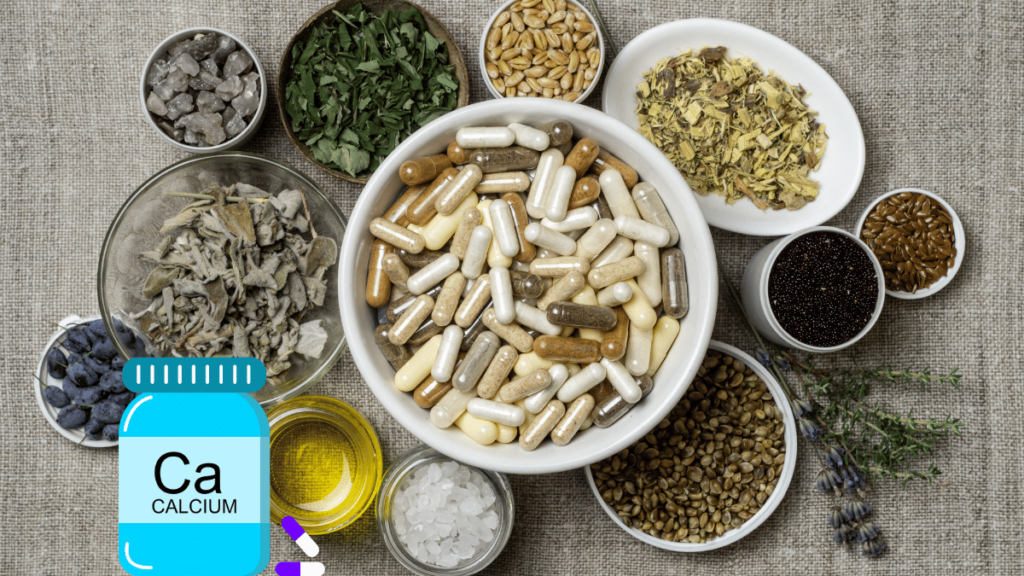Digestive Issues for Relief
Common Digestive Issues and Symptoms
Digestive issues can be uncomfortable and disruptive. Some common problems include acid reflux (GERD), which often presents with heartburn, regurgitation, chest pain, difficulty swallowing, and a chronic cough. Another prevalent condition is irritable bowel syndrome (IBS), characterized by bloating, gas, abdominal pain, and fluctuations between diarrhea and constipation.
Constipation itself manifests as infrequent bowel movements, hard stools, straining during those movements, and abdominal discomfort. On the other hand, diarrhea is marked by frequent, loose, or watery stools, accompanied by cramping and an urgent need to use the restroom.
Bloating and gas often result in abdominal swelling, excessive burping, or flatulence, along with discomfort after eating. Food intolerances, such as lactose or gluten sensitivity, can lead to similar symptoms, including bloating, gas, and stomach cramps following the consumption of specific foods.
What Are Herbal Remedies?
Herbal remedies are natural treatments derived from plants, often used to promote health and alleviate various conditions. These remedies can come in various forms, including teas, tinctures, capsules, and extracts.
They leverage the healing properties of specific herbs to support the body’s functions and enhance overall well-being.
Benefits of Using Herbs for Digestive Health
Using herbs for digestive health offers several advantages. First, many herbs possess anti-inflammatory properties that can help soothe the digestive tract and reduce irritation. For instance, ginger and peppermint are commonly used to alleviate nausea and bloating.
Herbs can also support digestion by stimulating digestive enzymes and bile production. For example, dandelion and artichoke are known to enhance digestion and promote a healthy appetite. Additionally, some herbs, like chamomile and fennel, have calming effects that can help relieve stress, which often exacerbates digestive issues.

Popular Herbs for Digestive Issues
Ginger: The Digestive Aid
Ginger is widely recognized for its powerful digestive benefits. It helps alleviate nausea and vomiting, making it particularly useful for motion sickness and morning sickness. Additionally, ginger can promote the production of digestive enzymes, enhancing overall digestion and reducing bloating.
Peppermint: Soothing Stomach Discomfort
Peppermint is well-known for its calming effects on the digestive system. It relaxes the muscles of the gastrointestinal tract, helping to relieve symptoms like cramps and discomfort. Peppermint tea or oil can also reduce bloating and gas, making it a popular choice for those seeking relief from digestive distress.
Chamomile: Easing Digestive Stress
Chamomile is celebrated for its gentle calming properties, which can be beneficial for digestive health. It helps soothe an upset stomach and reduce stress-related digestive issues. Drinking chamomile tea can promote relaxation and assist in easing bloating and indigestion.
Fennel: Reducing Bloating and Gas
Fennel seeds are renowned for their ability to reduce bloating and gas. They contain compounds that relax the gastrointestinal muscles, helping to relieve cramps and discomfort. Fennel tea or chewed seeds can provide quick relief after meals and promote better digestion.
Dandelion: Supporting Liver Health
Dandelion is a versatile herb that supports liver function and digestion. It acts as a mild diuretic, helping to detoxify the body and stimulate bile production, which is essential for fat digestion. Dandelion root tea can aid in promoting a healthy digestive system and improving overall gut health.
How to Use Herbal Remedies
Herbal Teas and Infusions
Herbal teas and infusions are one of the simplest ways to incorporate herbs into your routine. To prepare, steep dried herbs in hot water for several minutes, allowing their beneficial compounds to infuse into the liquid. For digestive health, teas made from ginger, peppermint, or chamomile can be consumed after meals to soothe discomfort and promote digestion.
Tinctures and Extracts
Tinctures and extracts are concentrated liquid forms of herbs, typically made by soaking the plant material in alcohol or another solvent. They offer a potent dose of herbal benefits and are easy to use. Simply follow the recommended dosage on the label, and consider adding them to water or juice for easier consumption. Tinctures of dandelion or fennel can be particularly effective for digestive support.
Capsules and Supplements

Herbal capsules and supplements provide a convenient option for those who prefer not to taste the herbs. They contain powdered herbs or standardized extracts, ensuring you receive a consistent dosage. Look for high-quality products that are free from additives. Ginger and peppermint capsules can be effective choices for managing digestive issues.
Incorporating Herbs into Your Diet
Incorporating herbs into your daily diet can be both enjoyable and beneficial. Fresh or dried herbs can enhance the flavor of your meals while providing digestive support. Add ginger to smoothies, sprinkle fennel seeds on salads, or use peppermint leaves in desserts. Experimenting with various herbs in cooking can help you discover new flavors while promoting digestive health.
Precautions and Considerations
Potential Side Effects of Herbal Remedies
While herbal remedies can offer numerous benefits, they may also come with potential side effects. For instance, excessive consumption of ginger can lead to heartburn or digestive upset, while peppermint may cause allergic reactions in some individuals. It’s important to monitor your body’s response and discontinue use if you experience adverse effects.
Interactions with Medications
Herbs can interact with prescription and over-the-counter medications, potentially altering their effects. For example, peppermint may affect the absorption of certain medications, while dandelion can interact with diuretics or blood thinners. Always inform your healthcare provider about any herbal supplements you are taking to avoid any potential complications.
Consulting a Healthcare Professional
Before starting any herbal remedy, it’s advisable to consult a healthcare professional, especially if you have pre-existing conditions or are pregnant or breastfeeding. A qualified practitioner can provide guidance tailored to your specific health needs and help you navigate any potential interactions with medications. This approach ensures you use herbs safely and effectively as part of your overall health strategy.
Conclusion
Herbal remedies offer a natural and effective approach to managing digestive issues. With herbs like ginger, peppermint, chamomile, fennel, and dandelion, you can find relief from various symptoms while supporting overall digestive health. Whether you choose to incorporate these herbs through teas, tinctures, capsules, or in your meals, the versatility and benefits they provide can enhance your well-being.
However, it’s essential to remain mindful of potential side effects and interactions with medications. Consulting a healthcare professional before starting any herbal regimen ensures that you use these remedies safely and effectively. By taking a balanced approach, you can harness the power of herbs to promote a healthier digestive system and improve your quality of life.



